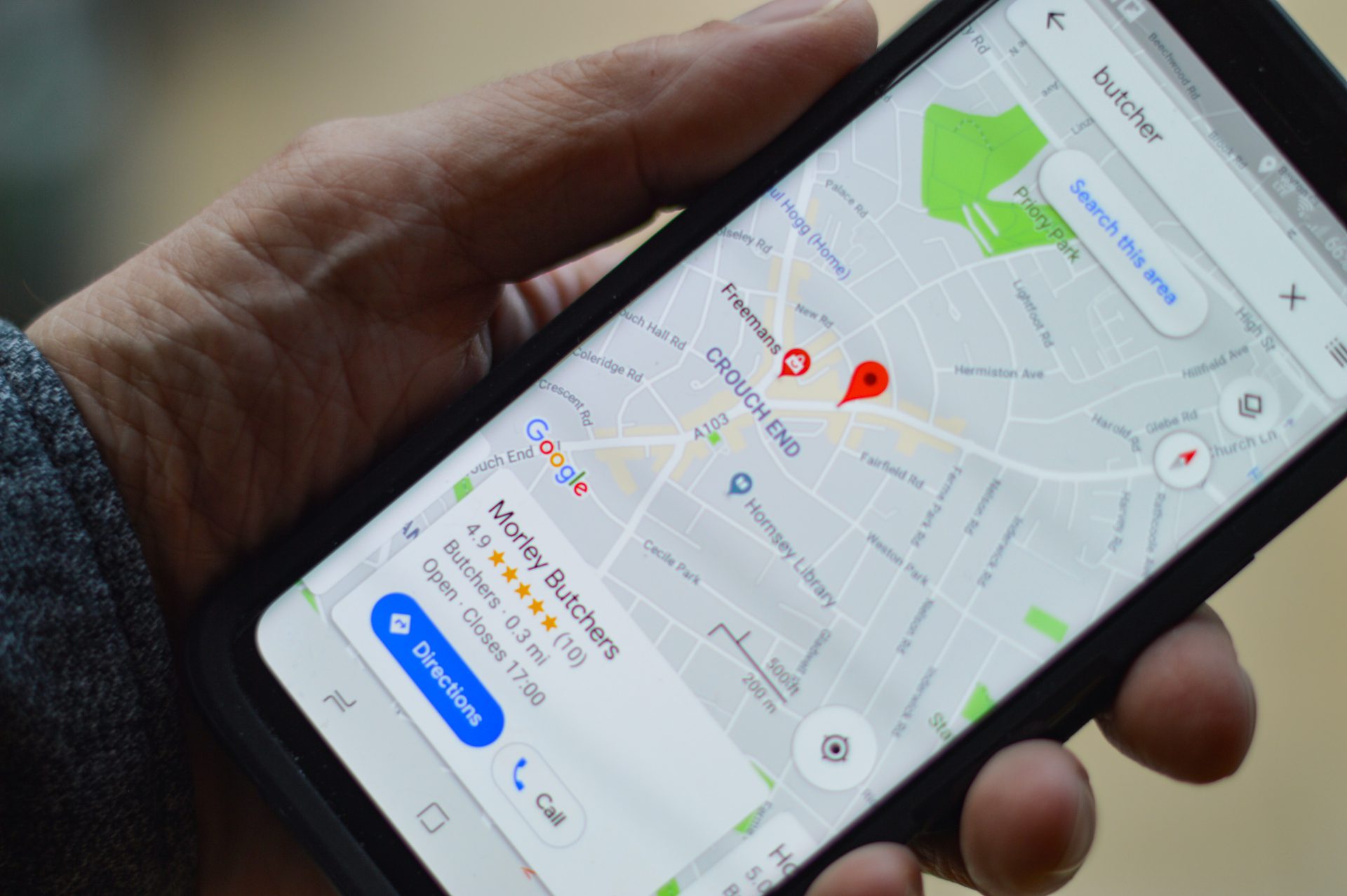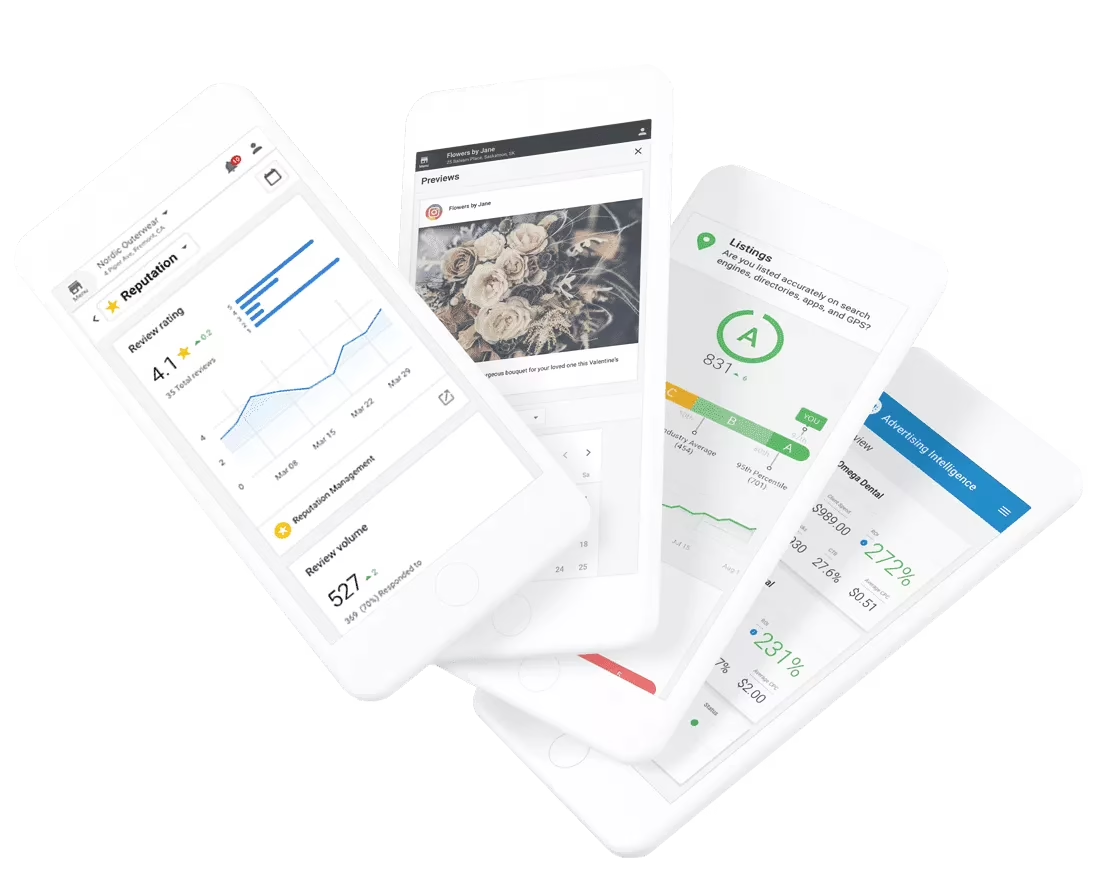
Negative Online Reviews
As a business owner, negative online reviews can be frustrating and even damaging to your reputation. However, it’s important to remember that how you respond to negative reviews can have a significant impact on how potential customers view your business. In this blog post, we’ll discuss the art of responding to negative online reviews and provide tips and best practices for doing so in a way that maintains your business’s reputation.
Why Responding to Negative Reviews is Important:
Responding to negative reviews is important for several reasons. First, it shows that you’re listening to your customers and that you care about their feedback. Second, it provides an opportunity to address any concerns or issues raised in the review and potentially turn a negative experience into a positive one. Finally, responding to negative reviews can help mitigate the impact of the review on your business’s reputation.
Tips for Responding to Negative Reviews:
Here are some tips and best practices for responding to negative online reviews:
- Respond promptly: It’s important to respond to negative reviews as soon as possible, ideally within 24-48 hours. This shows that you take customer feedback seriously and are committed to addressing any issues.
- Be empathetic: When responding to negative reviews, it’s important to show empathy and understanding. Acknowledge the customer’s concerns and apologize for any negative experience they had.
- Keep it professional: It’s important to maintain a professional tone when responding to negative reviews. Avoid getting defensive or argumentative, even if you disagree with the customer’s feedback.
- Address specific concerns: When responding to negative reviews, make sure to address any specific concerns raised by the customer. Provide a detailed response and offer solutions or alternatives if possible.
- Take the conversation offline: If the issue raised in the review requires further discussion or resolution, offer to take the conversation offline. Provide a phone number or email address where the customer can reach you directly.
- Thank the customer: Even if the review is negative, it’s important to thank the customer for taking the time to provide feedback. This shows that you value their opinion and are committed to improving their experience in the future.
Examples of Effective Responses to Negative Reviews:
Example 1:
Hi [customer name], I’m sorry to hear that you had a negative experience at our restaurant. We take all feedback seriously and will be addressing the issues you raised with our team. We’d love the opportunity to make things right – please feel free to reach out to me directly at [phone number] or [email address]. Thank you for your feedback.
Example 2:
Hi [customer name], I’m sorry to hear that you were unhappy with your recent purchase. We strive to provide the highest quality products and services, and it’s disappointing to hear that we fell short in this instance. We’d like to make things right – please contact us directly at [phone number] or [email address] so we can discuss a resolution. Thank you for your feedback.
Conclusion:
Responding to negative online reviews is an important part of maintaining your business’s reputation and addressing customer concerns. By following these tips and best practices, you can respond to negative reviews in a way that shows empathy, professionalism, and a commitment to addressing customer feedback. Remember, negative reviews can be an opportunity to improve your business and turn a negative experience into a positive one.

Profitable Results
With ADVAGY, you’re not just getting a service—you’re gaining a partner dedicated to your success. Our combination of AI technology and human expertise delivers the results your business deserves.
If it would be appropriate to discuss the next steps, we invite you to chat with Addy, our AI-Chatbot for assistance. For everyone who wants to jump the line, let’s go!
